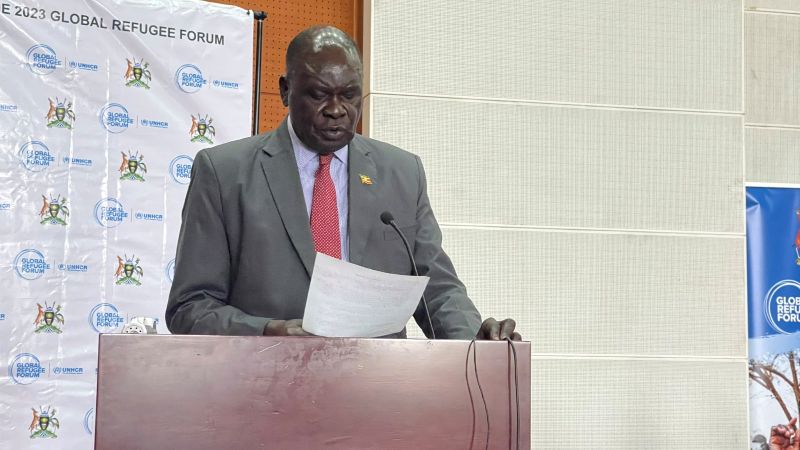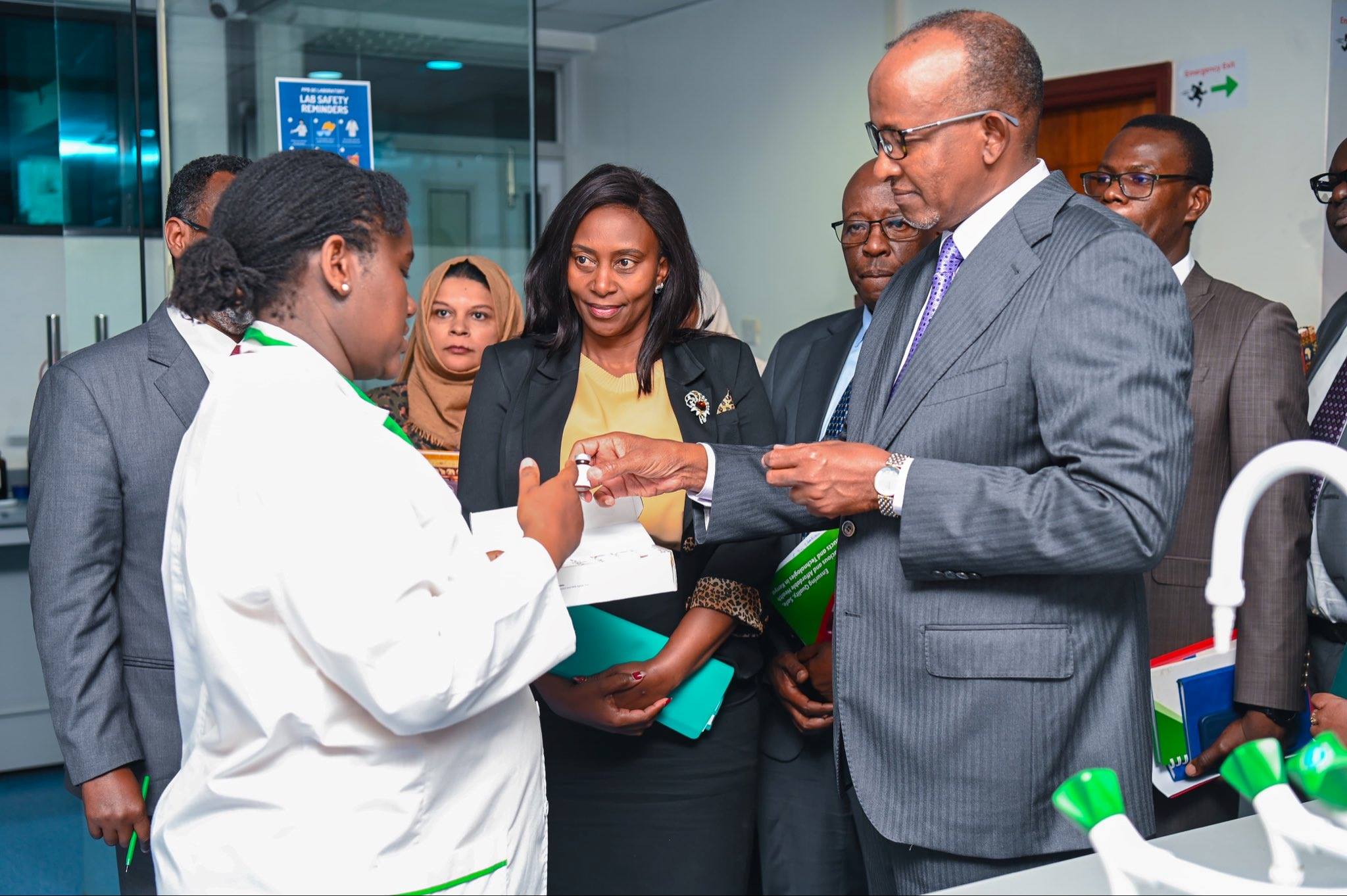National Treasury reverts to old law after court nullifies 2023 Privatisation Act

National Treasury is now banking on the older law and the reactivated Privatisation Commission to raise Sh149 billion in the 2025/26 financial year.
The government has been forced to abandon its newly enacted Privatisation Act, 2023, and revert to the older 2005 law after the High Court declared the new statute unconstitutional.
The decision to revert to the earlier legal framework, as reported by Business Daily, was made on the advice of the Attorney-General’s office after the State opted not to appeal the court’s ruling.
More To Read
- CBK warns of rising debt distress, urges fiscal coordination
- Treasury under fire for using Sh2.67 trillion in domestic loans on recurrent spending
- National Treasury secures Sh437.8 billion loan to plug budget deficit
- Committee calls for unified legal framework for commercial state-owned enterprises
- MPs raise alarm over alleged misappropriation of College of Insurance land
- Petition filed to stop implementation of Privatisation Act 2025
According to a report adopted by Parliament's Public Debt and Privatisation Committee, the National Treasury is now relying on the Privatisation Act of 2005 to steer the sale of public firms.
A review is already underway to identify gaps and propose necessary amendments to the older law.
The court's ruling follows a petition filed by Katiba Institute, which raised concerns about the wide powers granted to the Treasury Cabinet Secretary under the 2023 law.
Section 7 of the annulled Act allowed the CS to take full charge of the privatisation process by setting policy direction, formulating the privatisation programme, and overseeing the implementation of the law.
Critics argued that such powers would sideline the role of the Privatisation Commission, which was to be renamed the Privatisation Authority, and lead to unchecked executive control.
The new law also proposed creating a Privatisation Review Board and appointing its members, provisions that were part of the challenge.
Katiba Institute further contested the proposed sale of six state corporations, including the Kenyatta International Convention Centre (KICC), Kenya Pipeline Company (KPC), and the New Kenya Cooperative Creameries (NKCC).
The Institute maintained that these entities were either monopolies or of strategic importance to the country.
The court also found that there was insufficient public involvement in the law-making process, adding weight to the petitioner’s arguments.
Following the setback, the Treasury is now banking on the older law and the reactivated Privatisation Commission to raise Sh149 billion in the 2025/26 financial year.
Most of this amount is expected to come from the proposed sale of a portion of KPC through an initial public offering, as well as the government’s plan to reduce its 35 per cent stake in Safaricom.
“There is talk that if we could offload more of our ownership of Safaricom, where we are likely to get the Sh149 billion through in the 2025/26 financial year,” Treasury Cabinet Secretary John Mbadi said in an interview last month.
Top Stories Today


















































